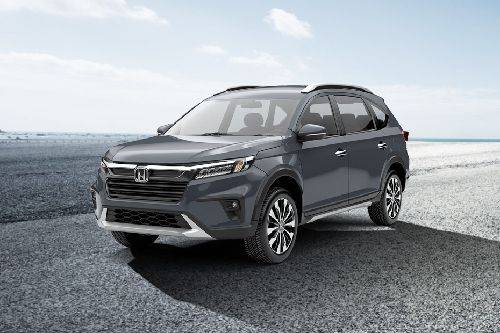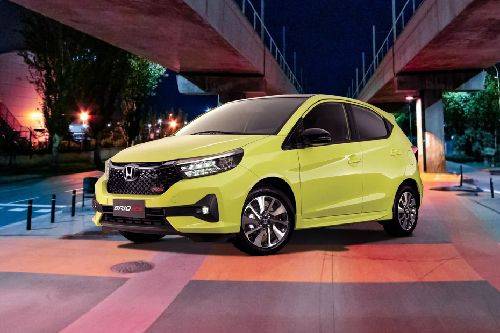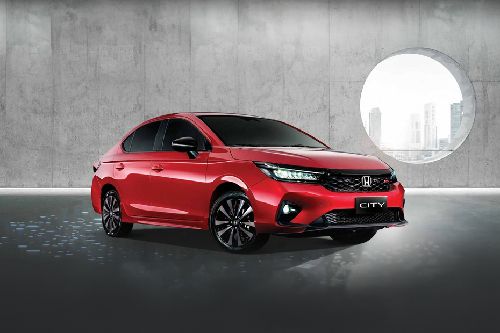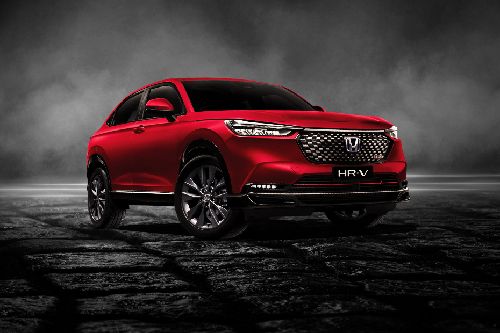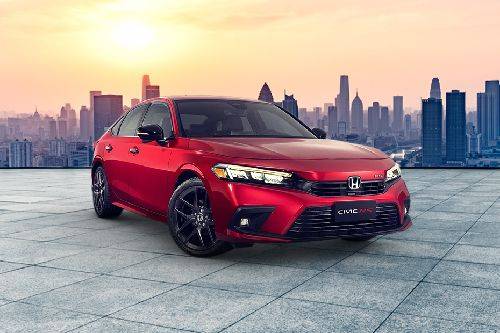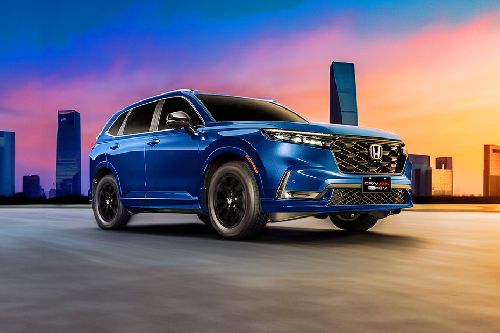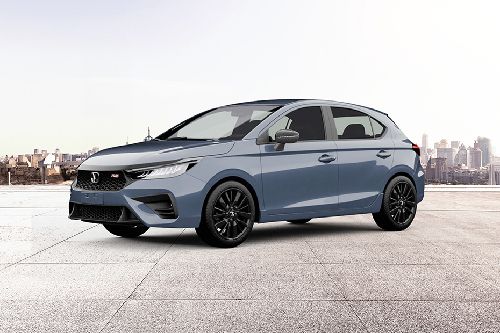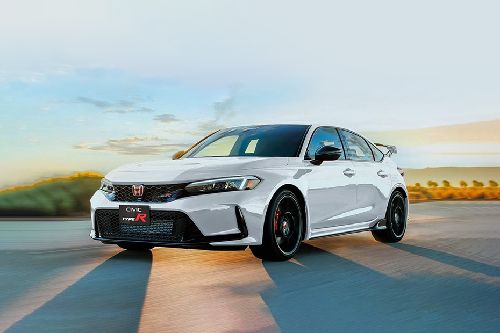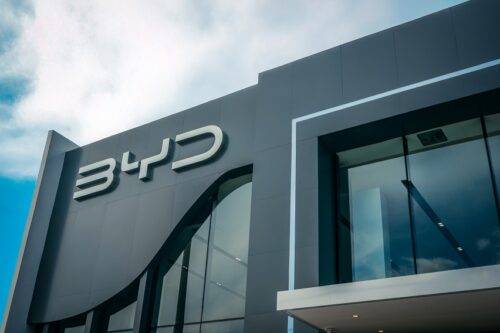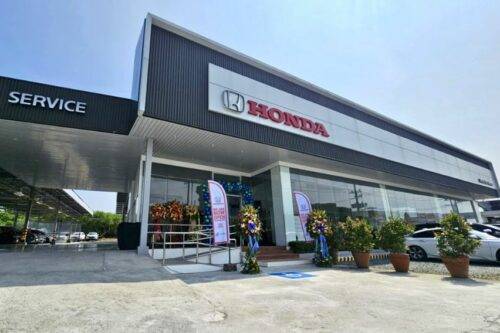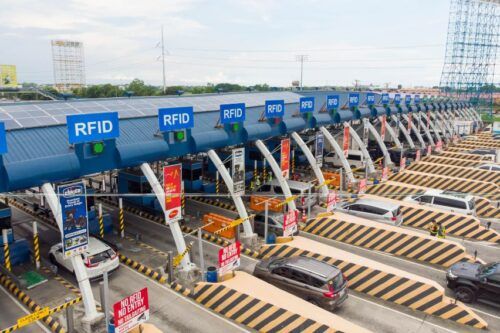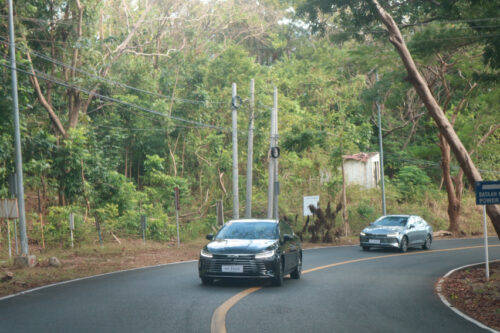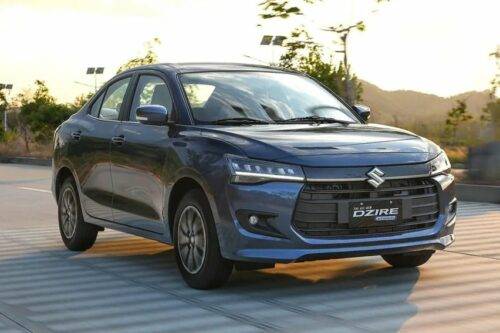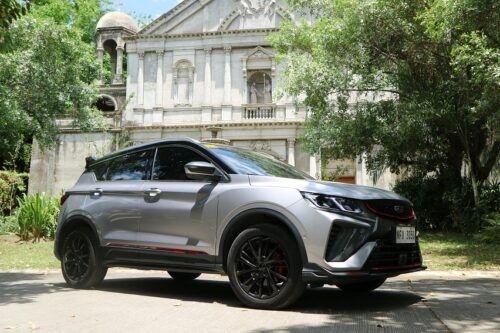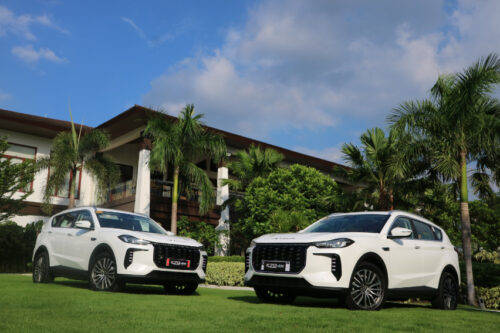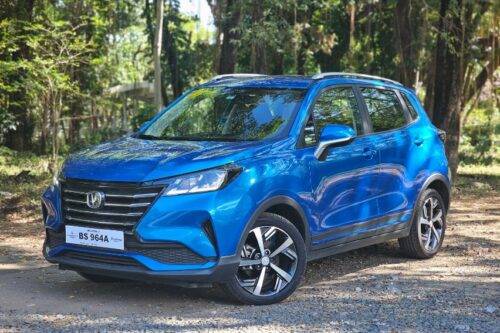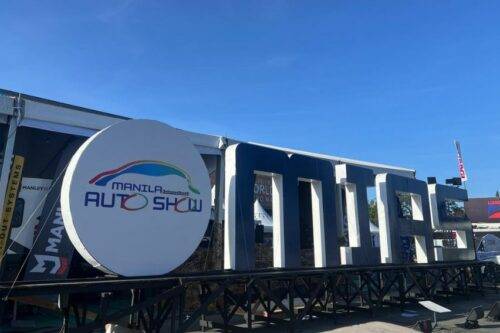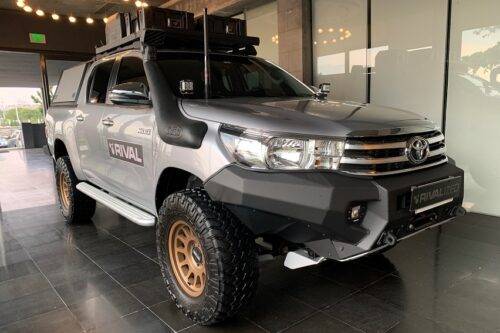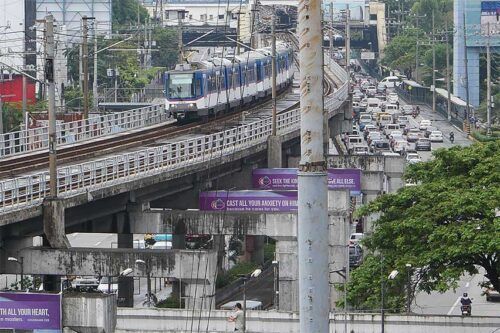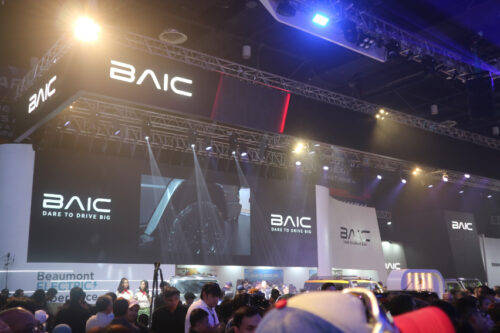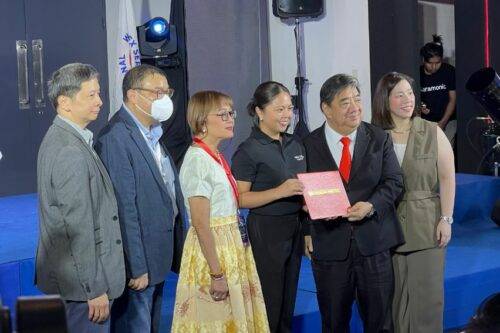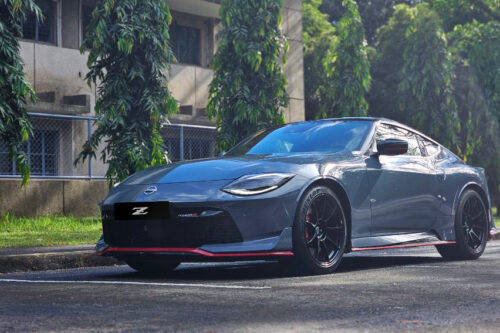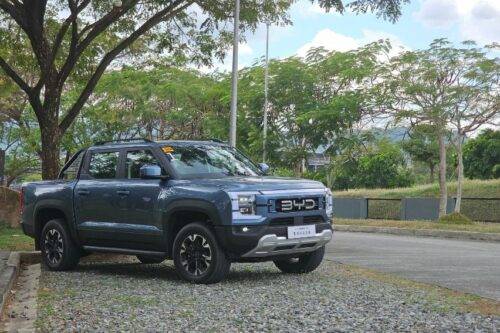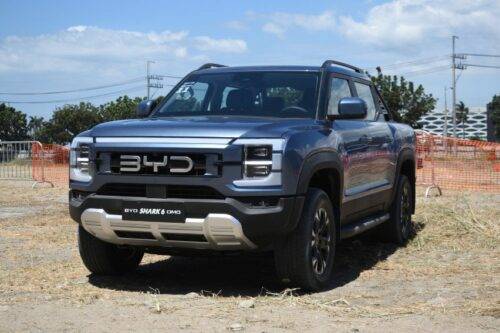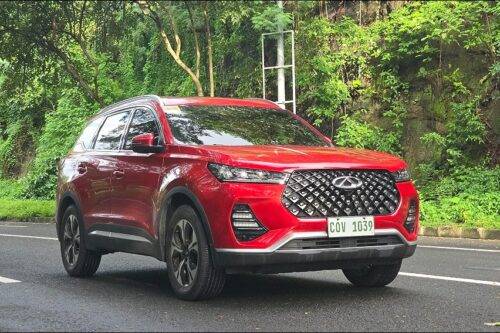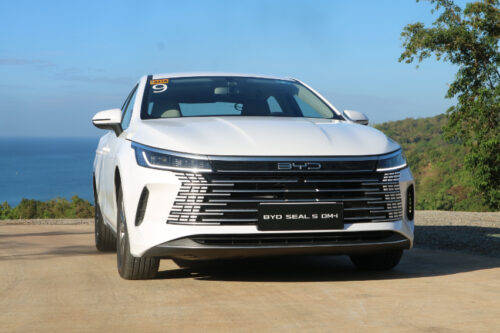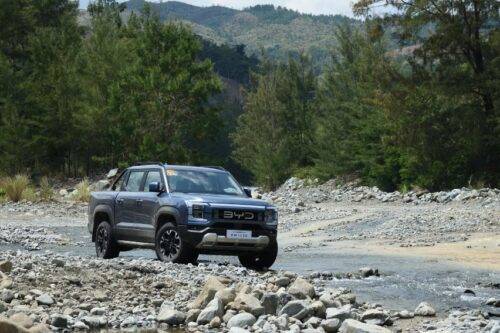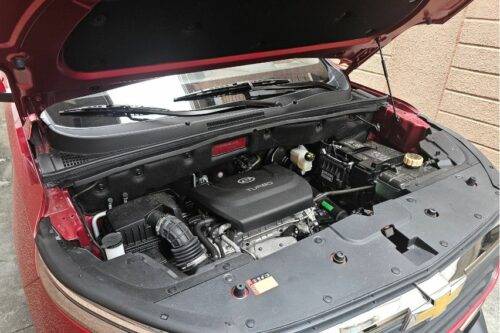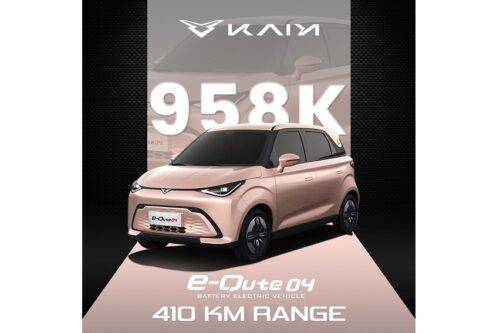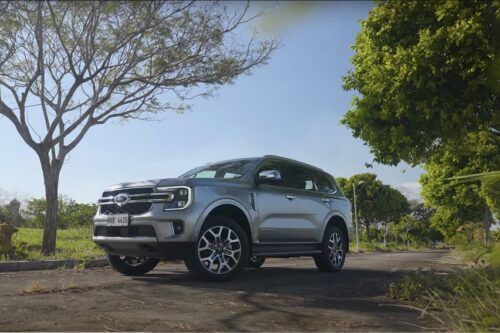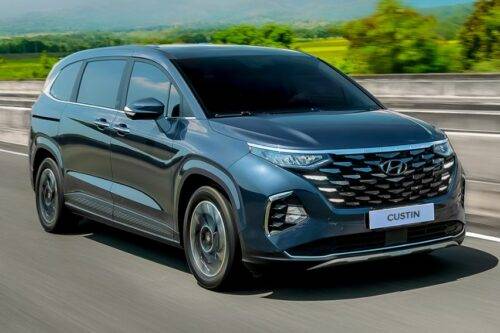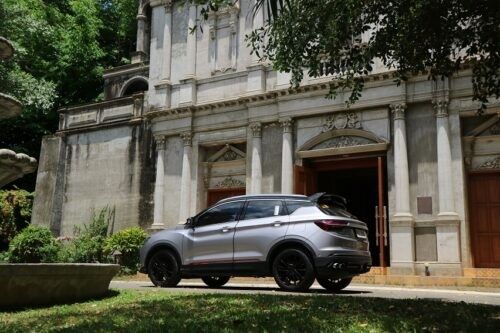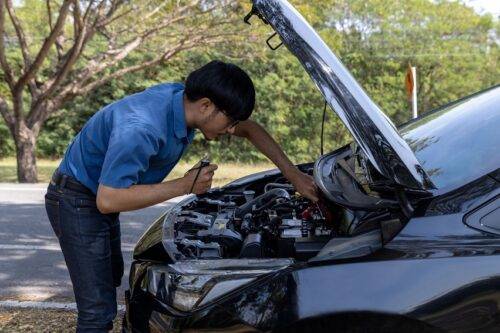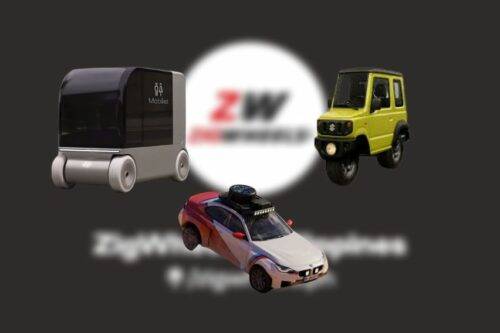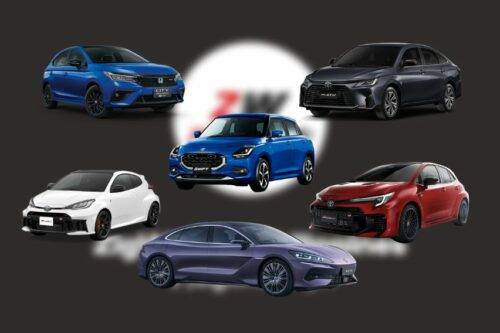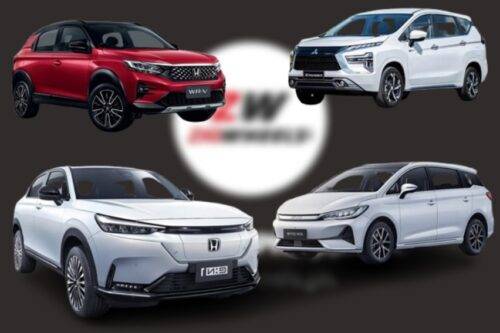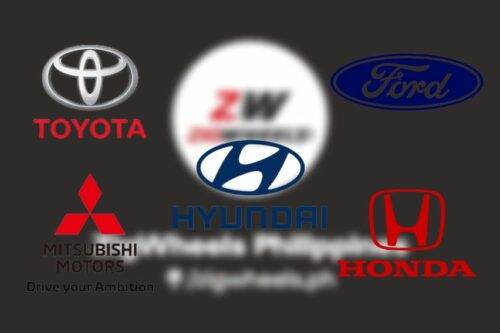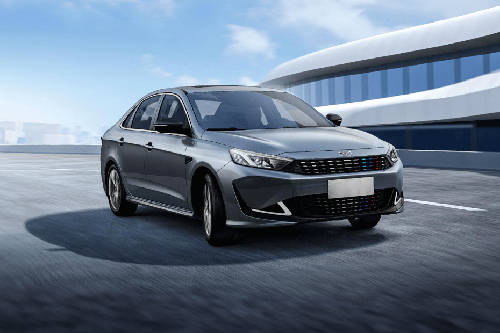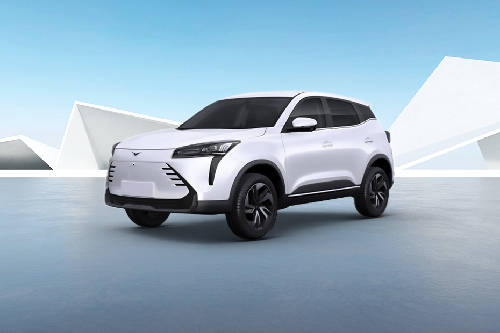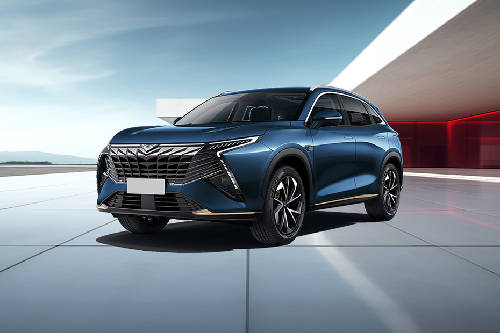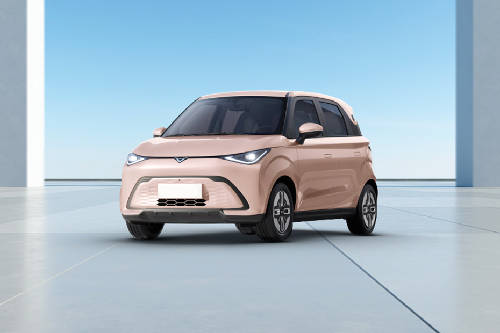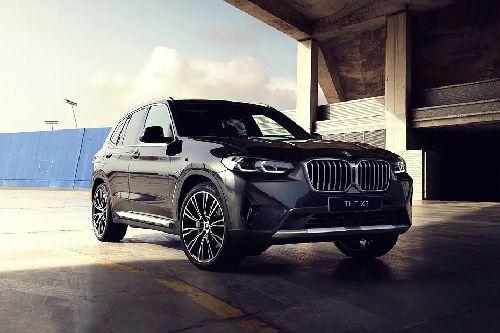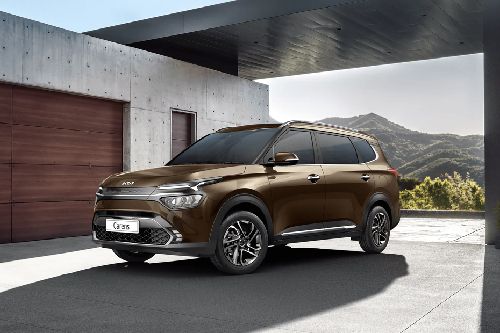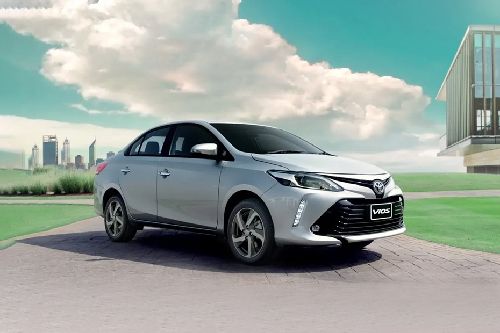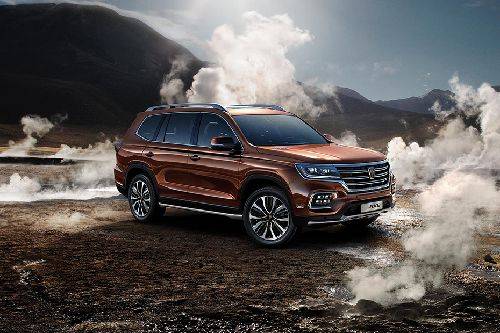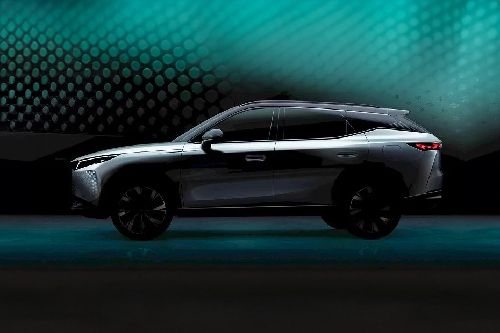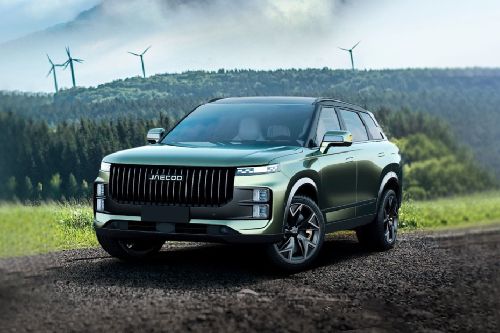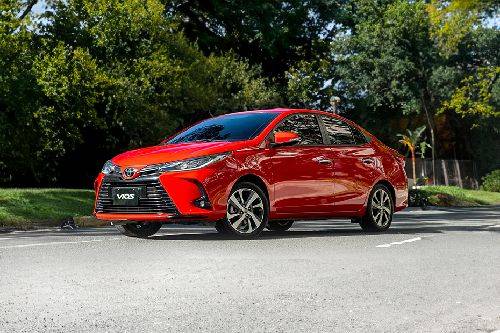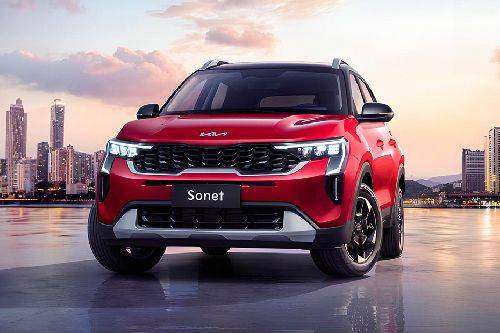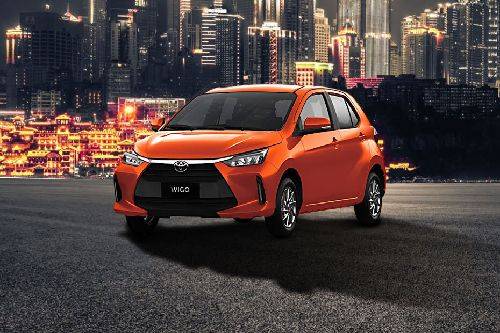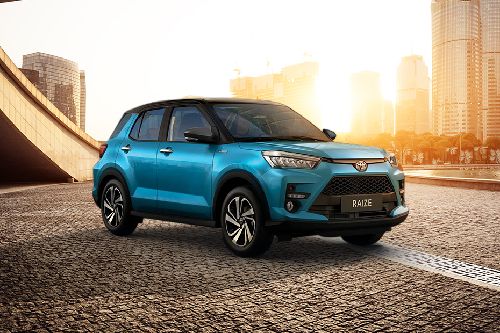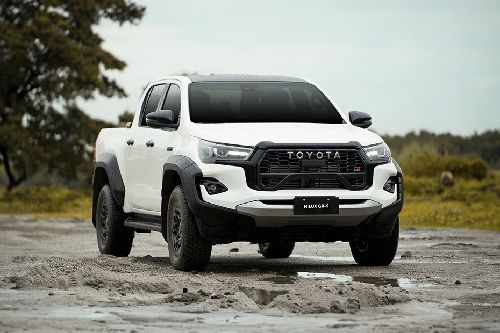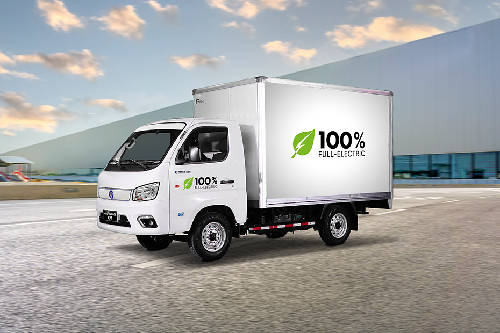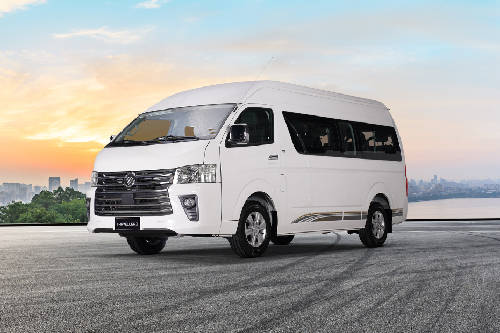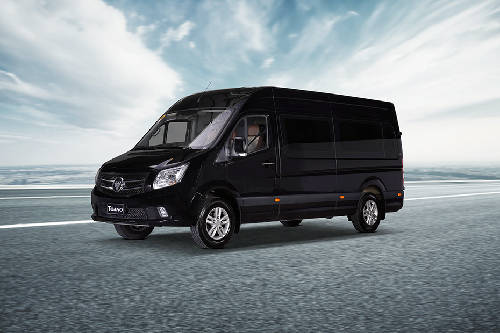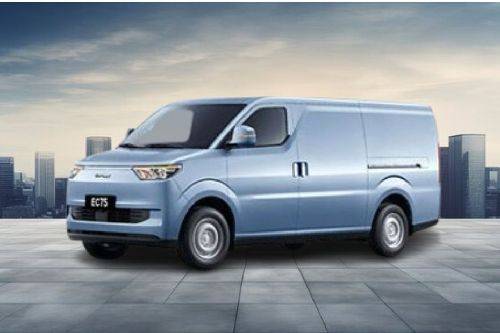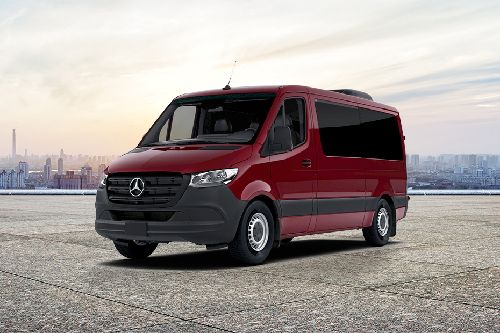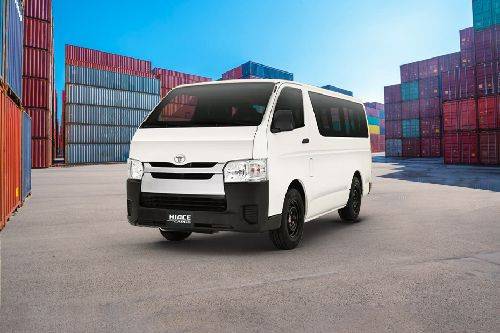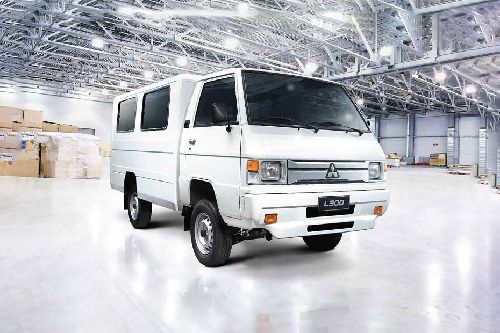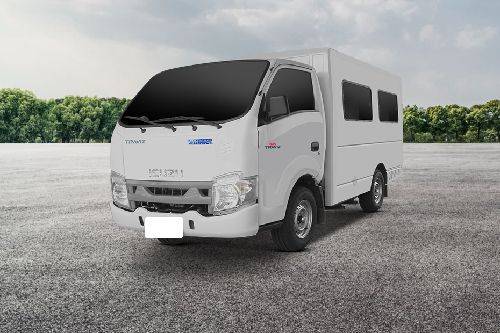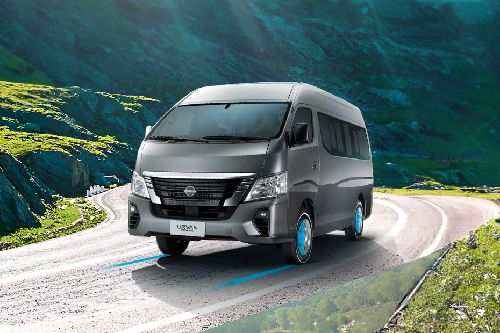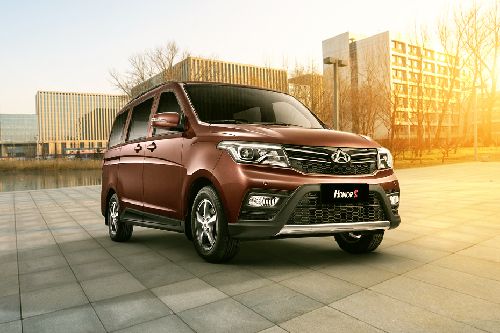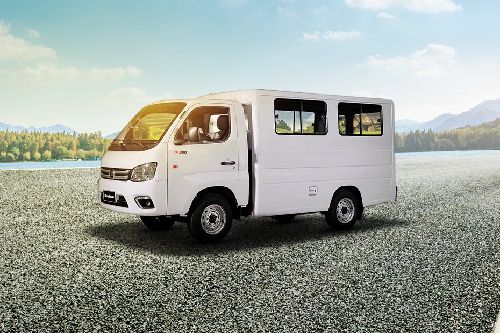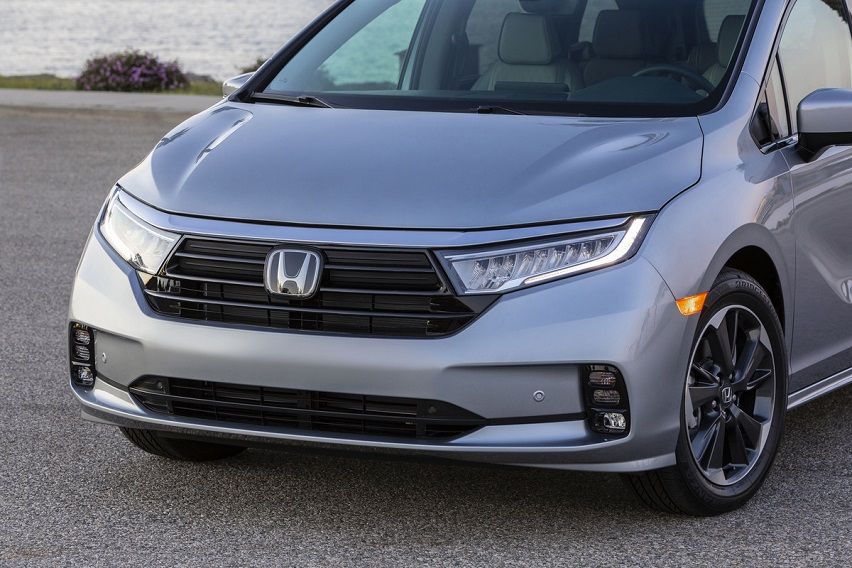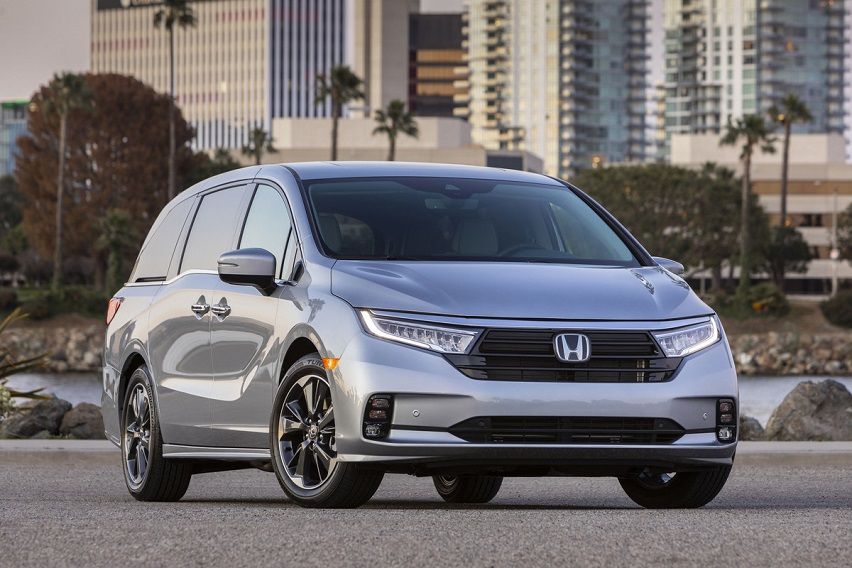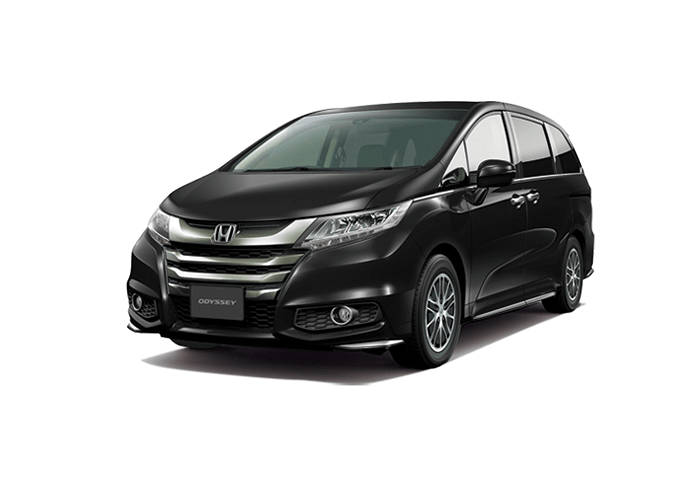Modified Honda Odyssey units deployed in US for COVID-19 testing runs
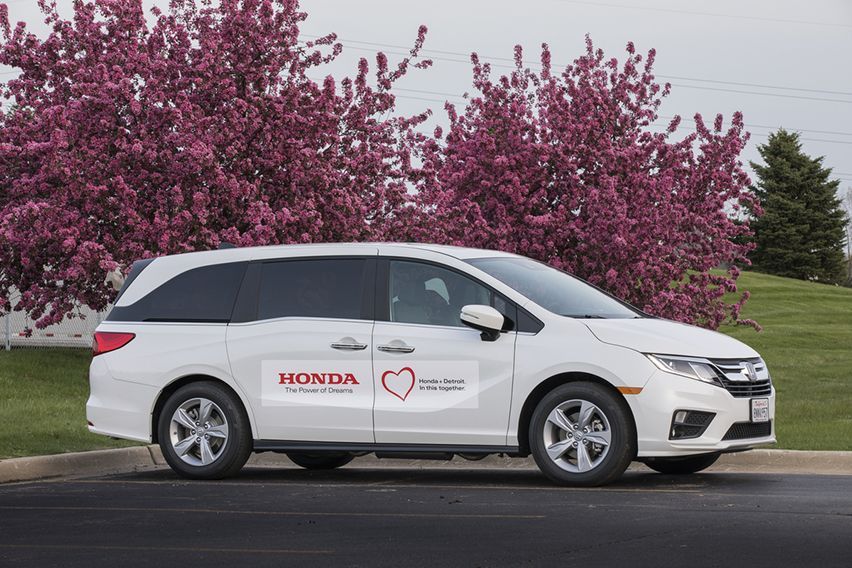
MANILA: On May 5, Honda in the US deployed 10 Odyssey minivans to Detroit. These minivans had been modified to help ferry frontliners and possibly infected individuals for COVID-19 testing.
To safeguard the driver from the risk of droplet contamination during transport, the Honda Odyssey minivans have been equipped with a plastic barrier mounted behind the front seating area. Some changes have also been made to the ventilation system to ensure a difference in air pressure between the rear and front seating areas.
After some news reports regarding custom-fitted vehicles that Honda has modified in Japan, officials in Detroit and Michigan discussed with Honda US in mid-April the prospect of obtaining similar vehicles to transport healthcare workers and residents to COVID-19 testing sites.
A team of volunteers, including manufacturing experts and senior engineers at the R&D Center of Honda in Ohio, rapidly conceptualized and developed a system for changing the Odyssey in the Honda R&D Americas vehicle development center in Ohio, where it was initially built.
Honda engineers mounted a sealed transparent polycarbonate panel between the rear seating area and the front seat compartment through the removal of the handgrips behind the first row of the functional roof pillar (B-pillar). It was then replaced with new brackets to connect the transparent panel. The second attachment bracket was manufactured and connected to the lower front seat belt anchor area for a total of three stable attachments on every side.
Together with the integration of the transparent polycarbonate barrier, the ventilation system software of the Odyssey has been calibrated to establish a more positive pressure zone in the front compartment. The goal is to create air pressure differential between the rear and front seating areas, thereby significantly lowering the risk for droplet infection transmission.
Honda R&D engineers developed the software which regulates the ventilation system. This fundamental knowledge allowed engineers to modify the software and ensure that the air pressure differential complies with guidelines provided by the Centers for Disease Control and Prevention (CDC) for negative pressure rooms in research and clinical facilities.
The software is uniquely designed to operate the blower motor driving the fans in the front seating area faster compared to the rear seating area fans. The air pressure differential output produces a more negative pressure chamber in the rear seating area, in which the rear compartment air drained the vents in the back part of the vehicle.
In less than two weeks, the team of engineers and experts of Honda in Ohio brought the project from initial design to completion. Both production and assembly of components, as well as software modifications for the ventilation system of the Odyssey, were performed completely in-house.
The updated Odyssey minivan in Japan is a smaller vehicle compared to the Honda Odyssey eight-seat US version that was planned, engineered, and developed in the U.S.
According to the executive vice president of American Honda Motor Co., Inc., Rick Schostek, this initiative is one of the projects that Honda and its partners are pursuing to help communities in their area during this very challenging period.
Honda has also done numerous projects to unleash the community spirit in response to the COVID-19 global impact.
Honda has collaborated with Dynaflo Inc. to manufacture diaphragm compressors, a primary component of portable ventilators that frontliners, first responders, and hospitals utilize to support those affected by COVID-19. The companies plan to manufacture 10,000 compressors monthly once production attains capacity.
Honda associates have also deployed the 3D printers of the company to manufacture face shield components. Honda engineers are now focusing on a system for the efficient mass production of face shield frames at Honda manufacturing plants.
Ten Honda factories in North America donated more than 200,000 pieces of personal protective equipment (PPE) to assist first responders and healthcare workers. Donations also include half-mask respirators, alcohol wipes, N95 safety masks, face guards, gloves, and other protective gear.
Honda has also introduced a COVID-19 Special Matching Gift Program that encourages associates to contribute monetarily to food initiatives in their local communities, which matches up to US$1,000 for every individual partner. The matching fund serves as a contribution to the $1-million pledge of Honda.
Photo from Honda
Also read: Honda PH outlines safety guidelines for dealerships
Sell your car at the best price
 Verified and genuine buyers
Verified and genuine buyers
Honda Car Models
Trending & Fresh Updates
- Latest
- Popular
You might also be interested in
- News
- Featured Stories
Honda Featured Cars
- Latest
- Upcoming
- Popular
Trending Van
- Latest
- Upcoming
- Popular
Honda Odyssey Car Articles From Carmudi
- journal

